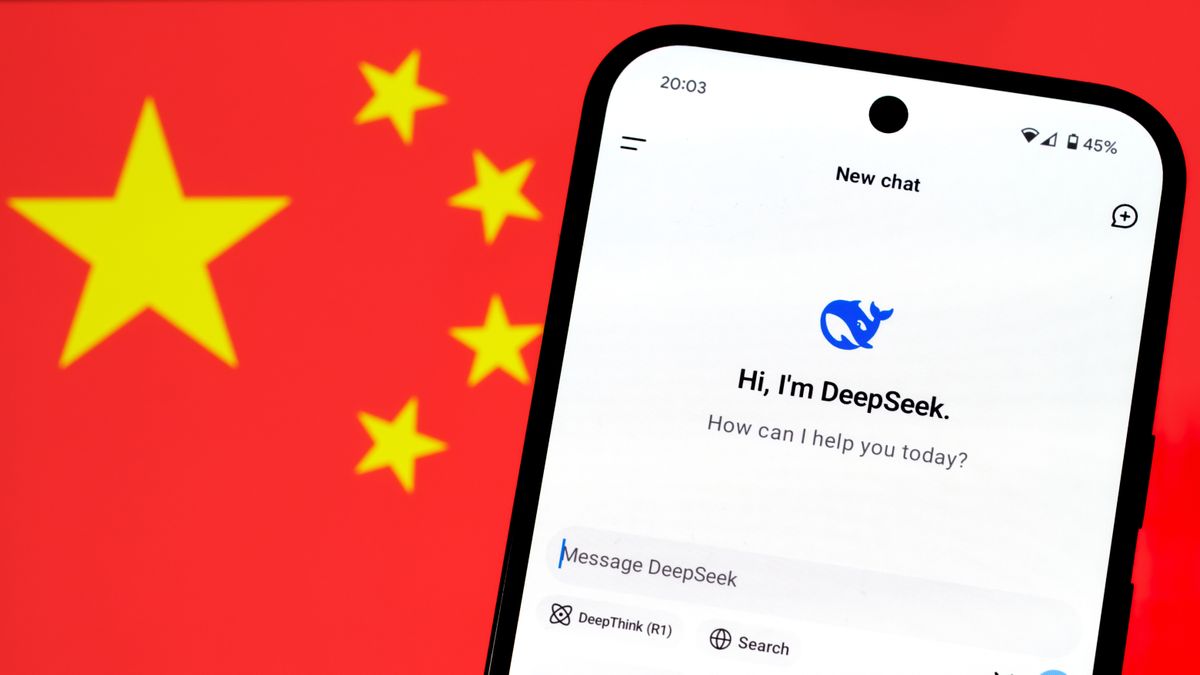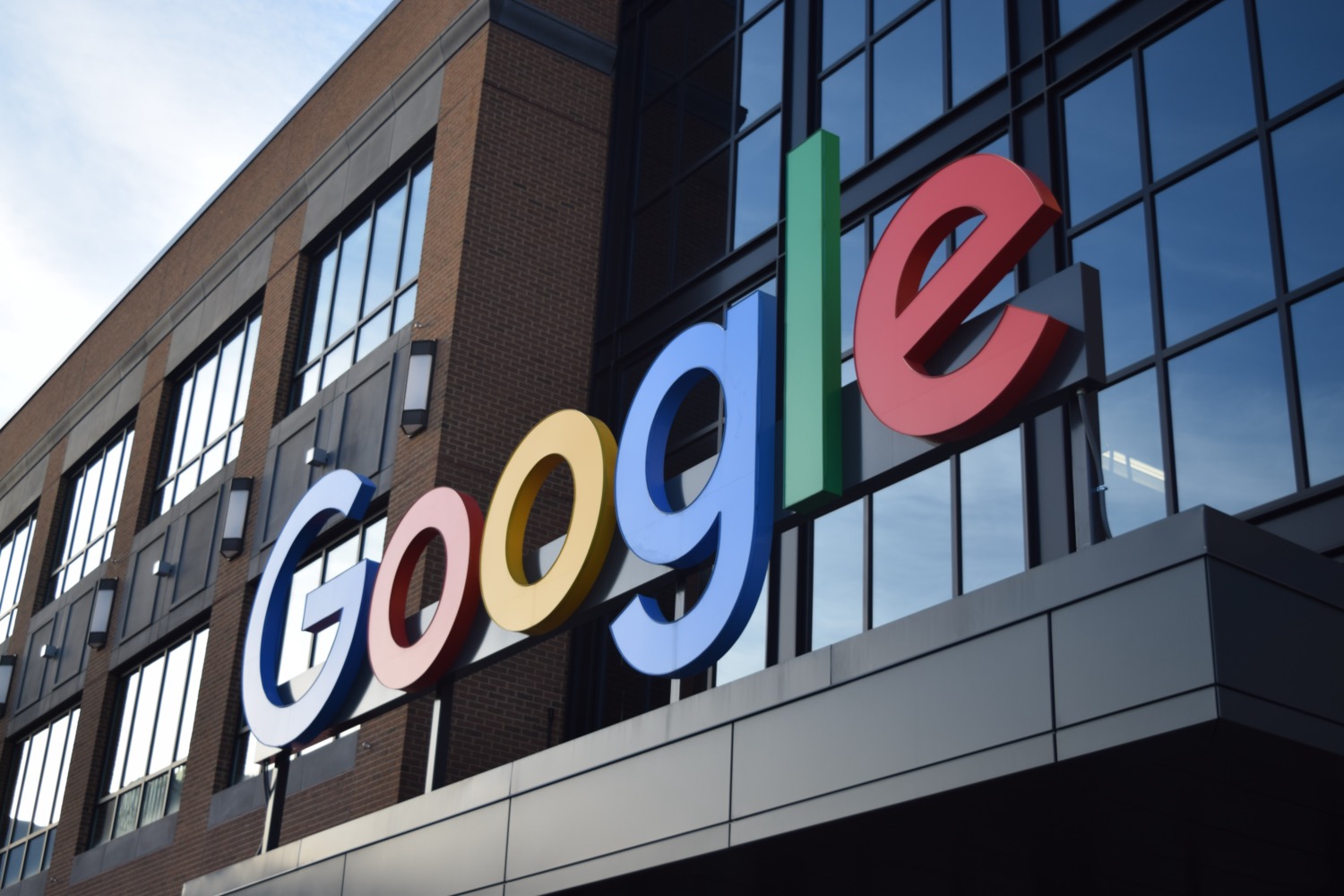Google Ends AI Weapon Ban: Is This a Mistake?
This controversial move eliminates the previous safeguards against AI applications that could cause harm, prompting concerns among employees and human rights advocates alike. The shift raises critical questions about the role of tech giants in national security and the potential risks of unchecked AI advancement in warfare.

Google's Revised AI Ethics Policy Sparks Debate Over Weapon Development and Surveillance
Google has recently made a controversial update to its AI ethics policy, removing a long-standing ban on using artificial intelligence for weapon development and surveillance. This decision marks a significant departure from the company’s original principles established in 2018, which explicitly prohibited such applications. The move has ignited a heated debate among experts, employees, and human rights organizations, raising critical questions about the ethical implications of AI development and deployment.
A Shift in Principles
The updated policy reflects a broader shift in Google’s approach to AI as the technology becomes increasingly integrated into daily life. Once a niche research topic, AI has now evolved into a transformative force across industries, from healthcare to national security. Google executives James Manyika and Demis Hassabis explained in a blog post that the revision aligns with a deeper understanding of AI’s potential and risks.
The new principles emphasize collaboration with governments and a commitment to “national security.” According to Manyika and Hassabis, democracies must take the lead in AI development to uphold values such as freedom and human rights. They argue that partnerships between companies, governments, and organizations are essential to ensure AI serves as a tool for protection, global growth, and security.
Concerns from Employees and Advocacy Groups
Despite Google’s assurances, the policy change has raised alarm among employees and human rights organizations. One Google software engineer expressed concern over the company’s decision to drop its commitment to ethical AI use without consulting employees or the public. This lack of transparency has fueled skepticism about the motivations behind the update.
Human Rights Watch has also criticized the move, highlighting the potential for AI to complicate accountability in battlefield decisions. The organization warns that integrating AI into military systems could lead to life-or-death consequences, with machines making decisions that were once the sole responsibility of humans.
The Role of AI in Military Systems
The timing of Google’s policy revision coincides with the Pentagon’s announcement of a new office dedicated to integrating AI into military systems. This initiative signals a broader effort to deploy autonomous weapons and counter emerging threats.
AI’s role in military applications has been a topic of intense debate. Proponents argue that AI can enhance national security by improving surveillance, intelligence analysis, and decision-making. However, critics caution that such advancements could lead to ethical dilemmas, including the potential misuse of AI in autonomous weapons systems.
Balancing Innovation and Responsibility
Google’s updated goals include pursuing bold, responsible, and collaborative AI initiatives. The company aims to strike a balance between innovation and ethical responsibility, but the removal of the ban on AI for weapons and surveillance has cast doubt on its commitment to these principles.
The debate underscores the challenges tech companies face in navigating the complex intersection of innovation, ethics, and societal impact. As AI continues to reshape the world, the responsibility of ensuring its ethical use falls not only on developers but also on governments, organizations, and the public.
Looking Ahead
The controversy surrounding Google’s revised AI ethics policy highlights the need for ongoing dialogue and accountability in the tech industry. As AI becomes more pervasive, the stakes for ethical decision-making grow higher. Whether Google’s new approach will lead to meaningful collaboration or further ethical concerns remains to be seen.
What's Your Reaction?












/https://tf-cmsv2-smithsonianmag-media.s3.amazonaws.com/filer_public/54/66/546650fa-26a4-40fd-8d6d-5a7a04540f81/rosetta2.png)
:max_bytes(150000):strip_icc():focal(999x0:1001x2)/robert-prevost-050825-1-39395418ab494da5a3a700c9478e66c8.jpg)















































format(webp))
format(webp))


























